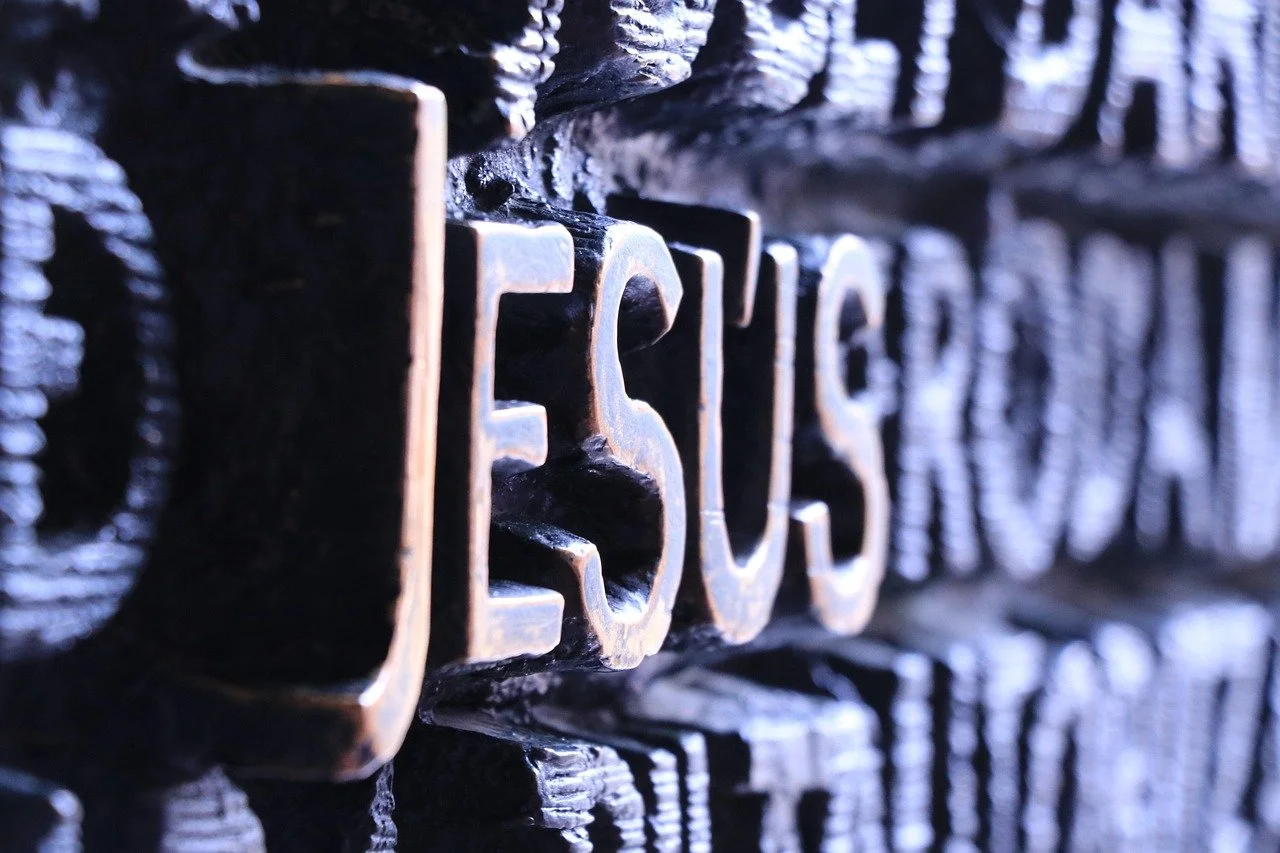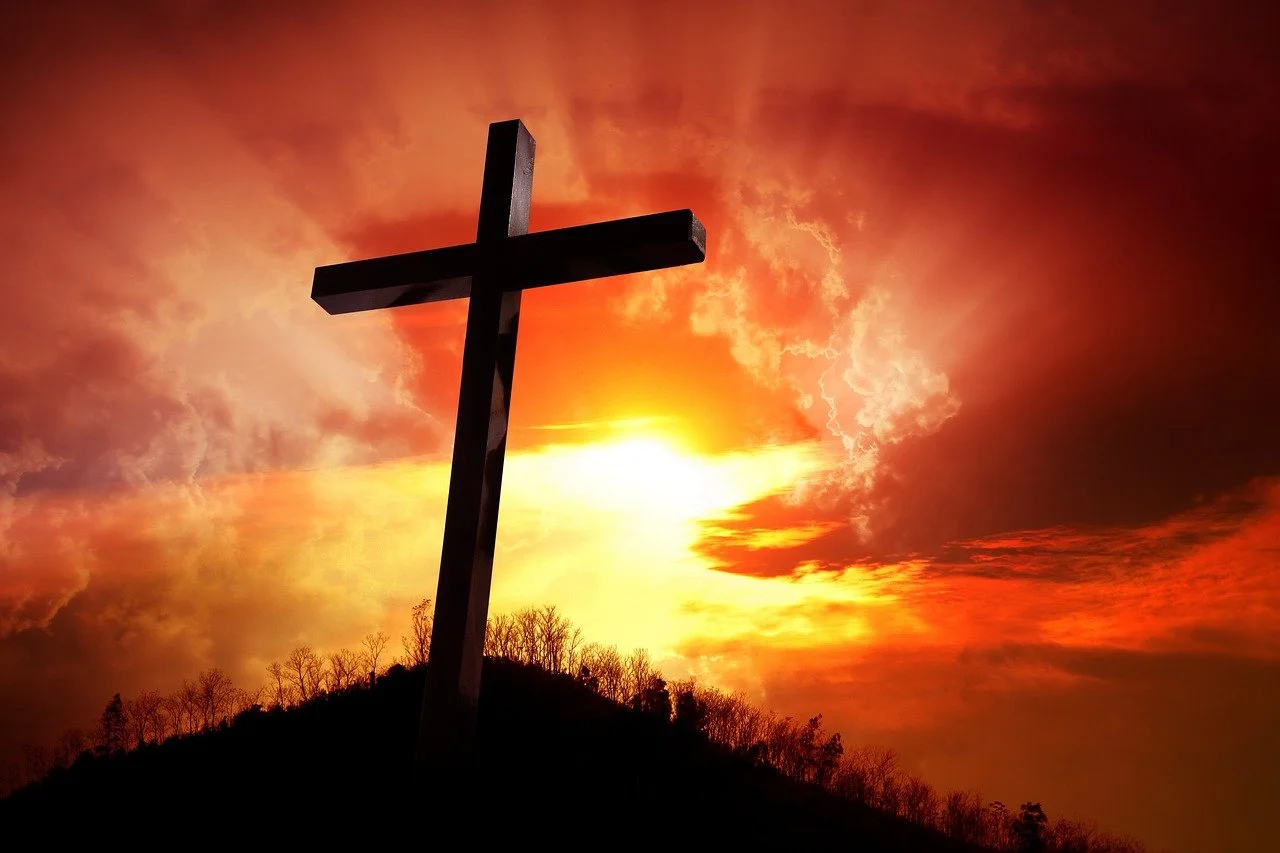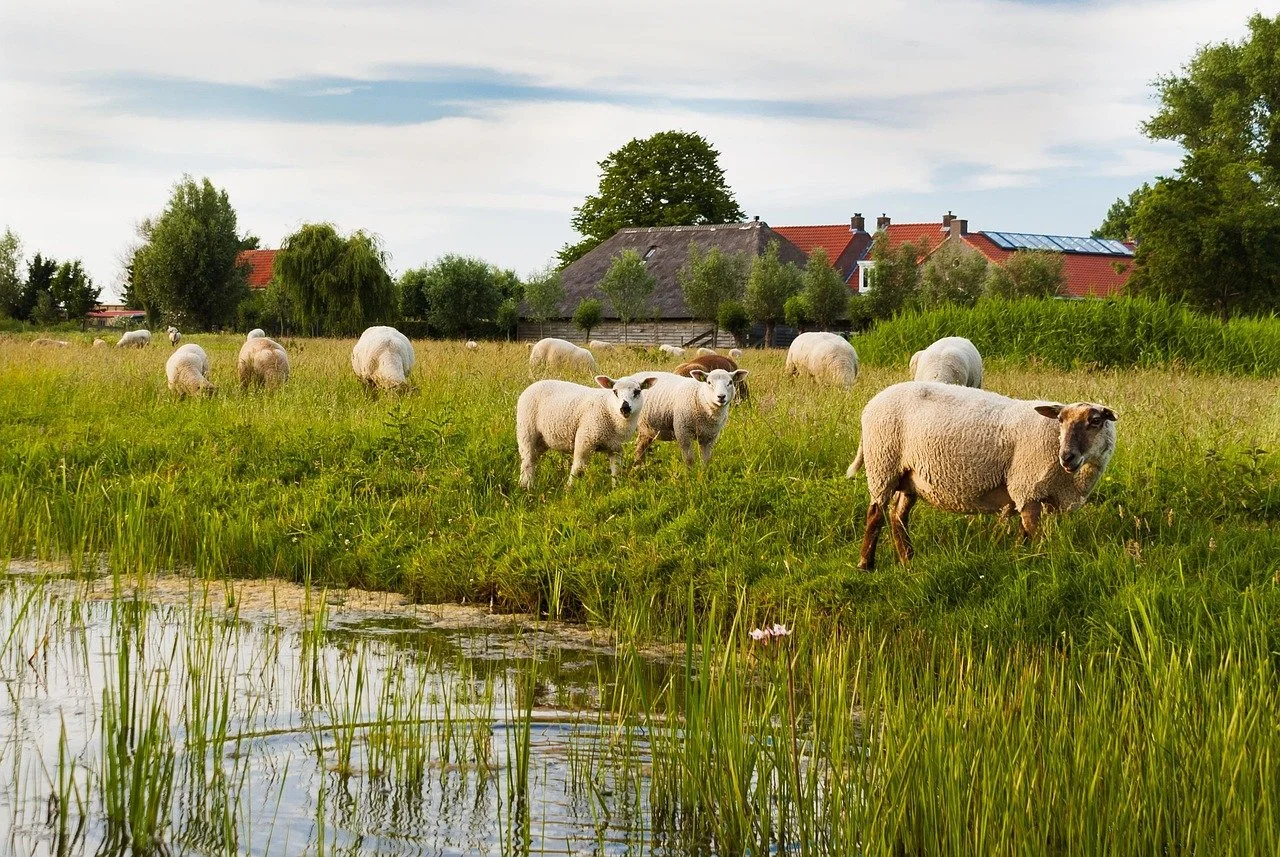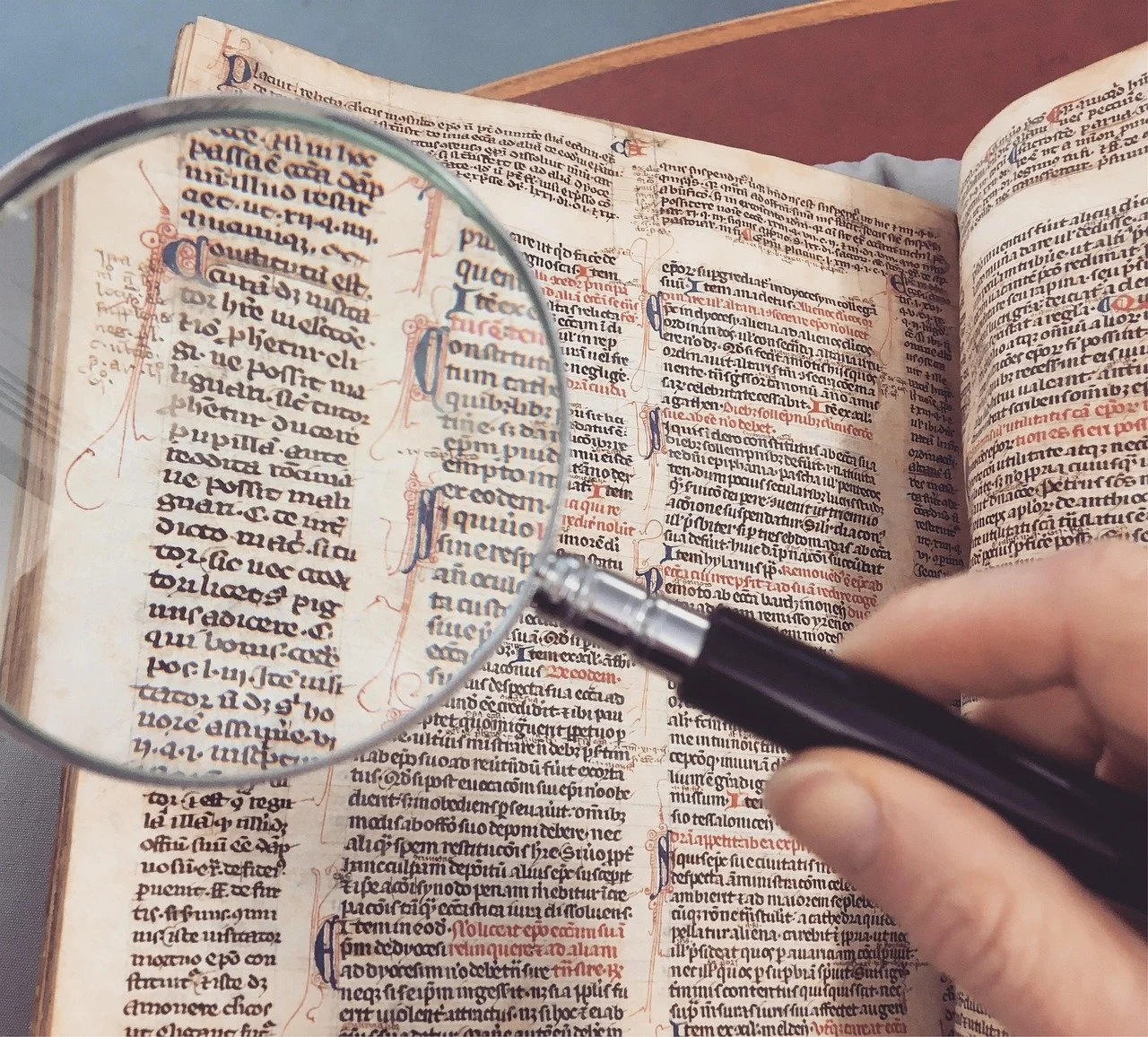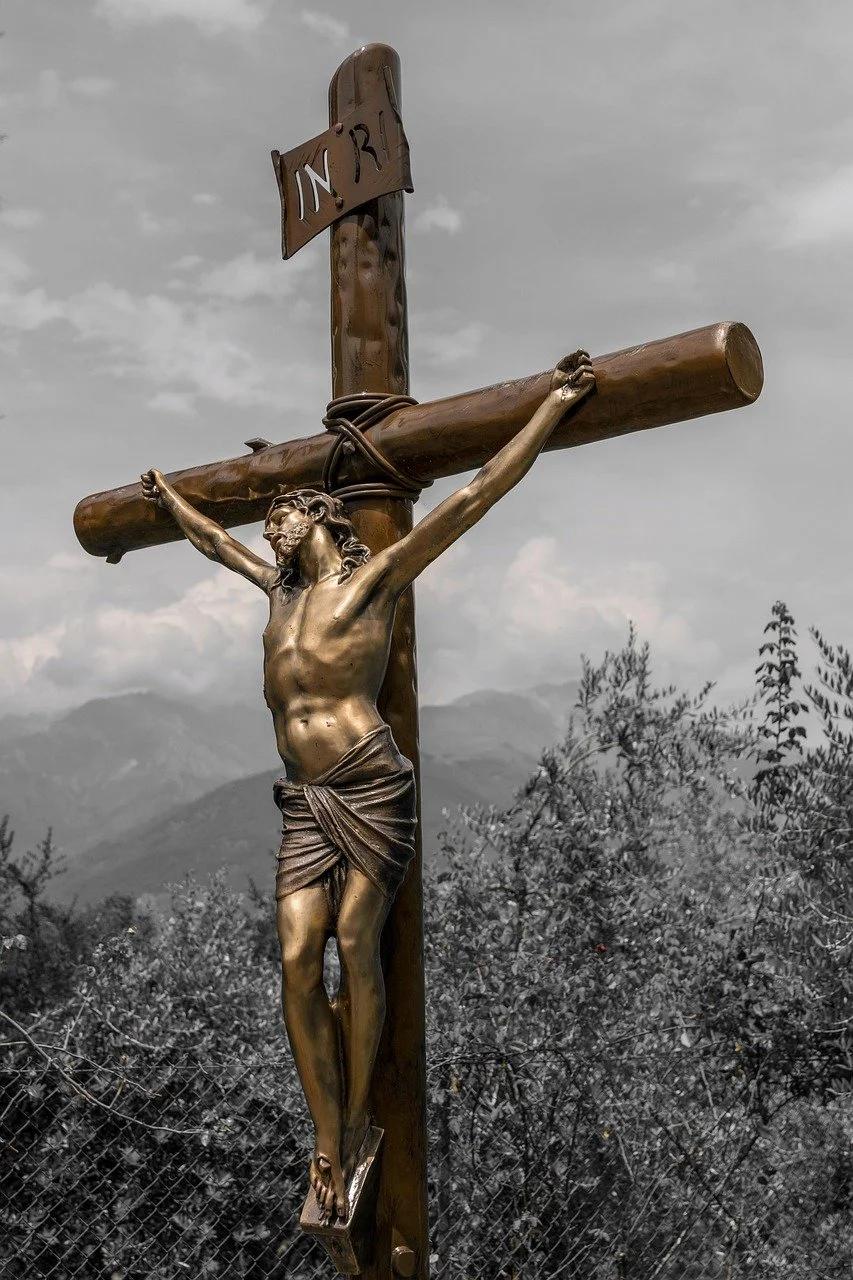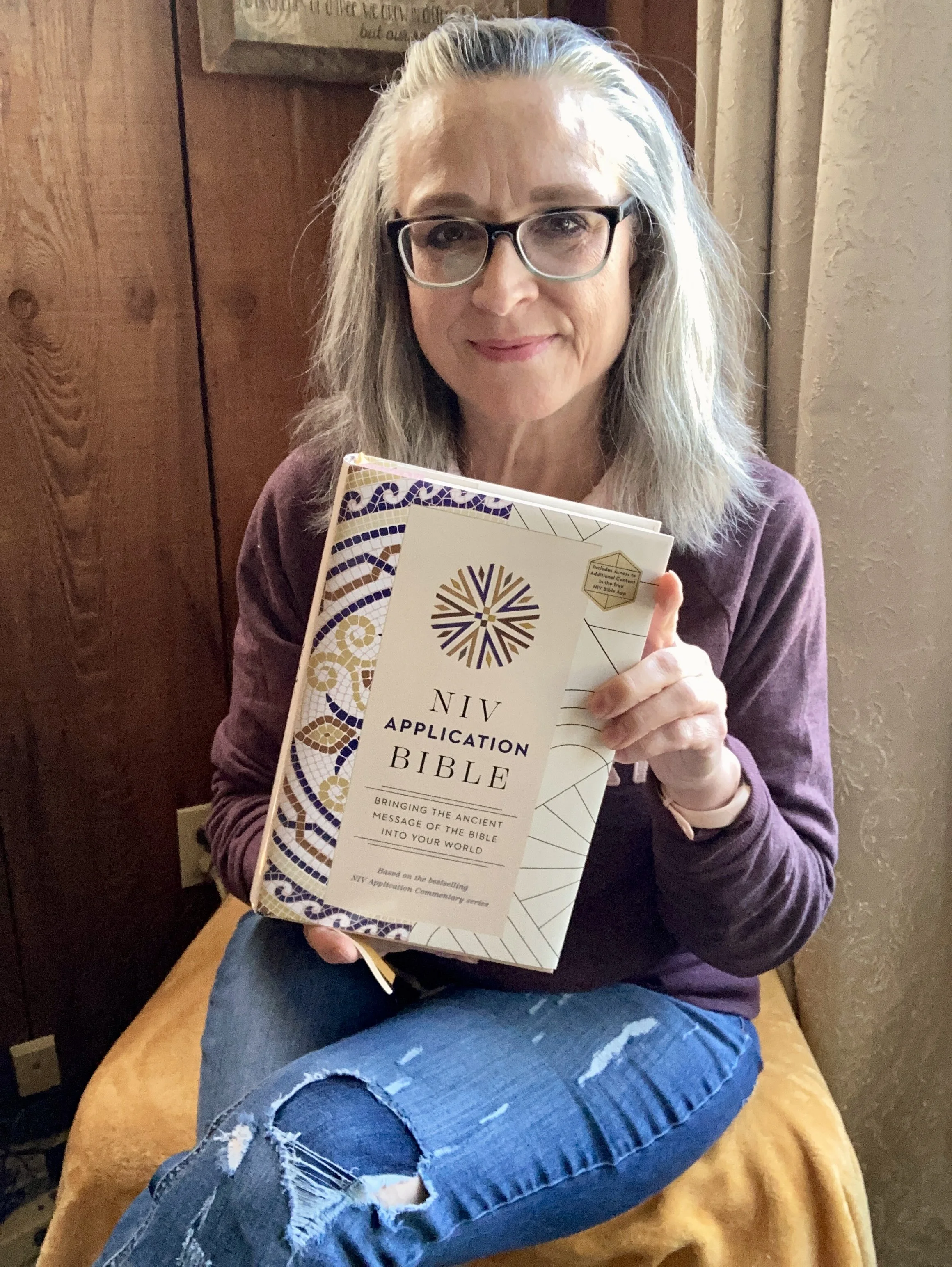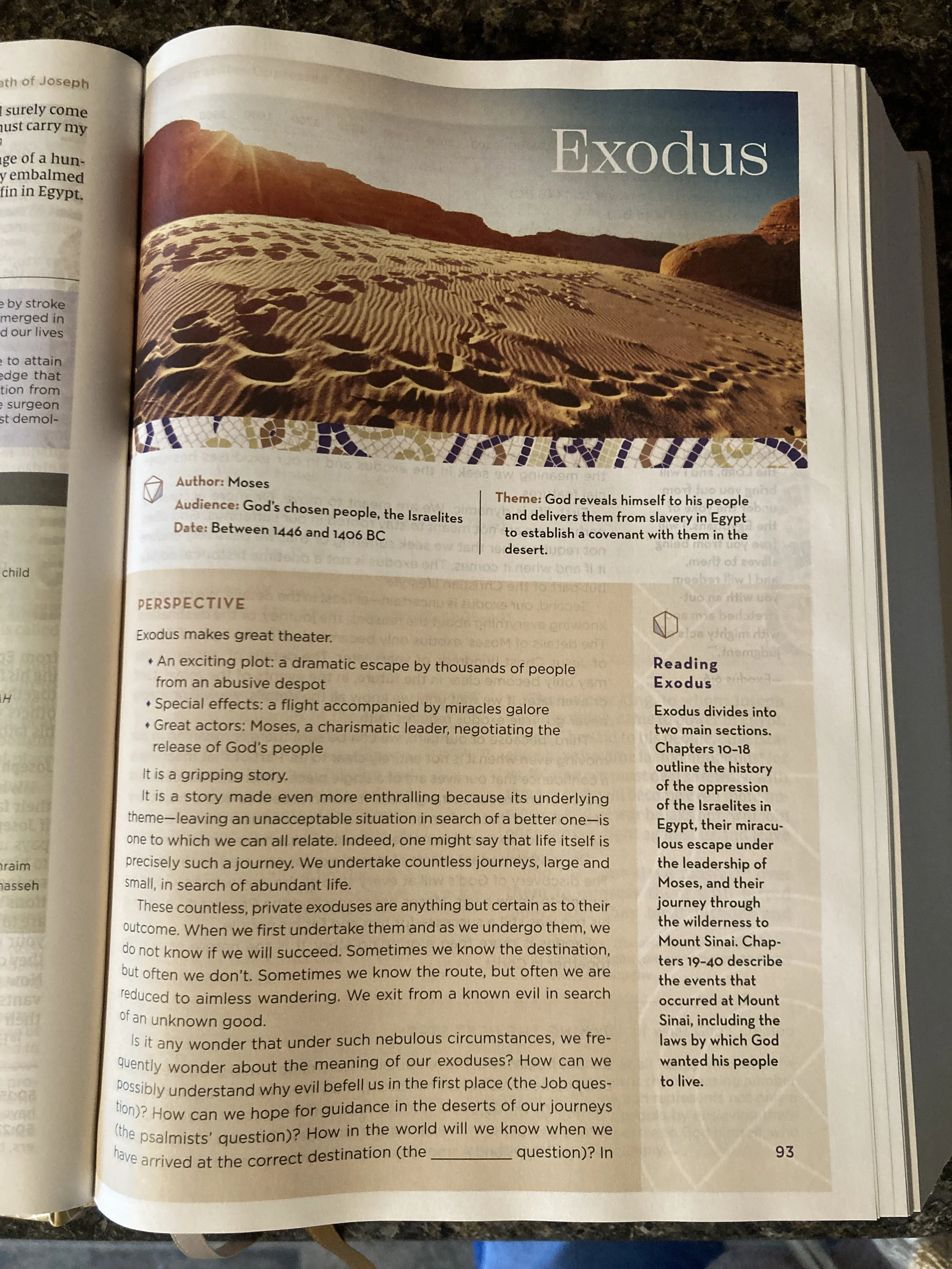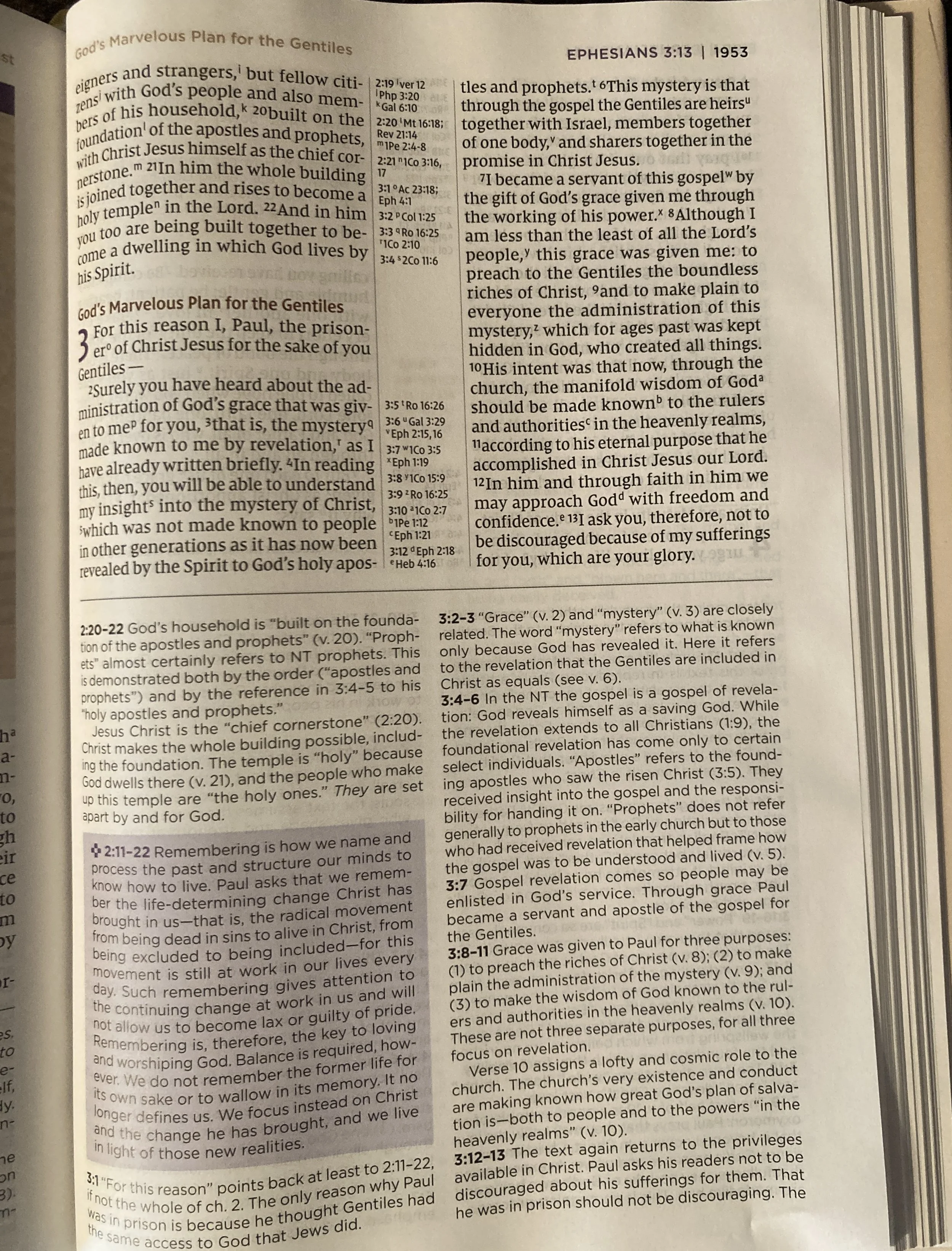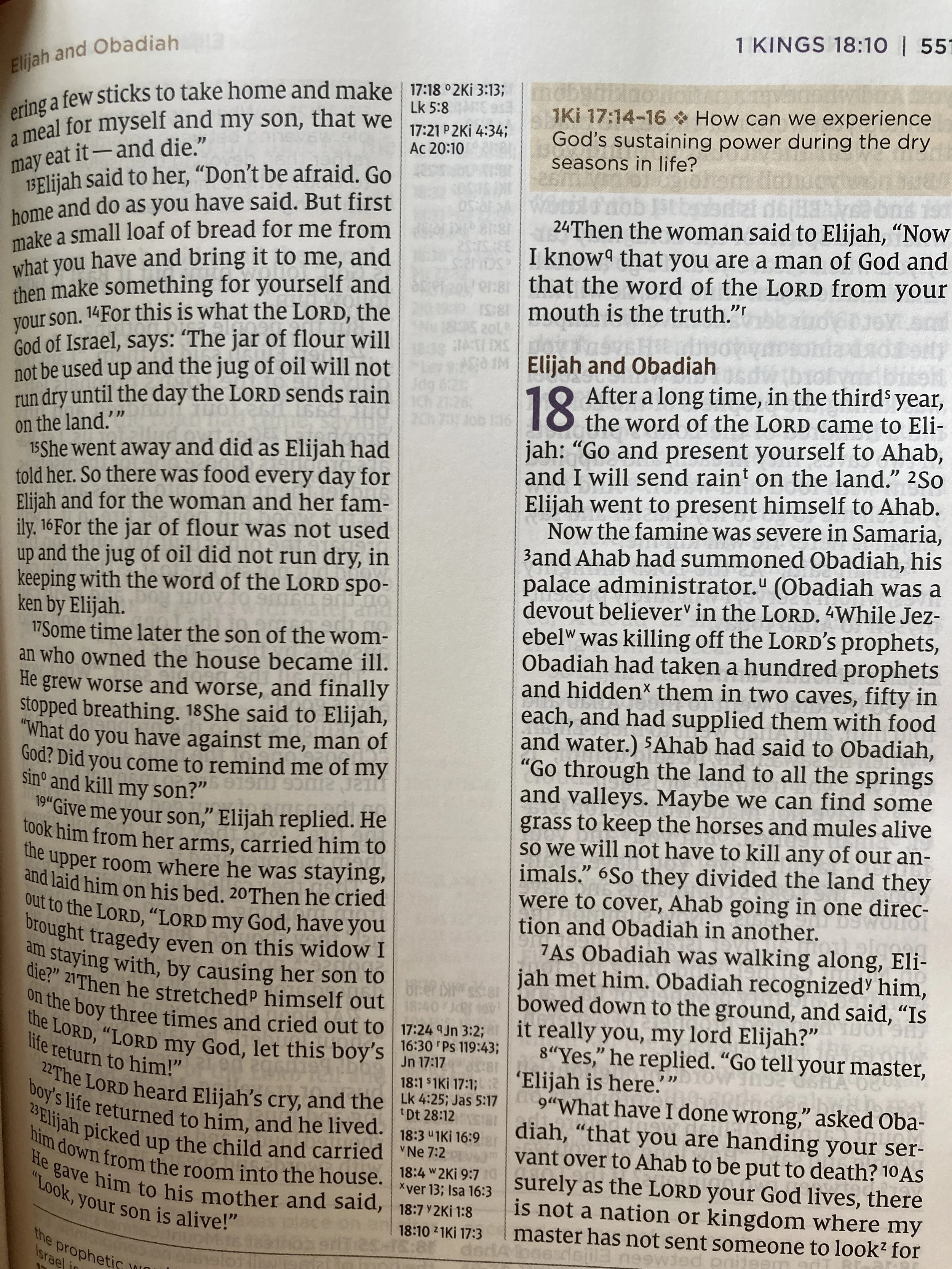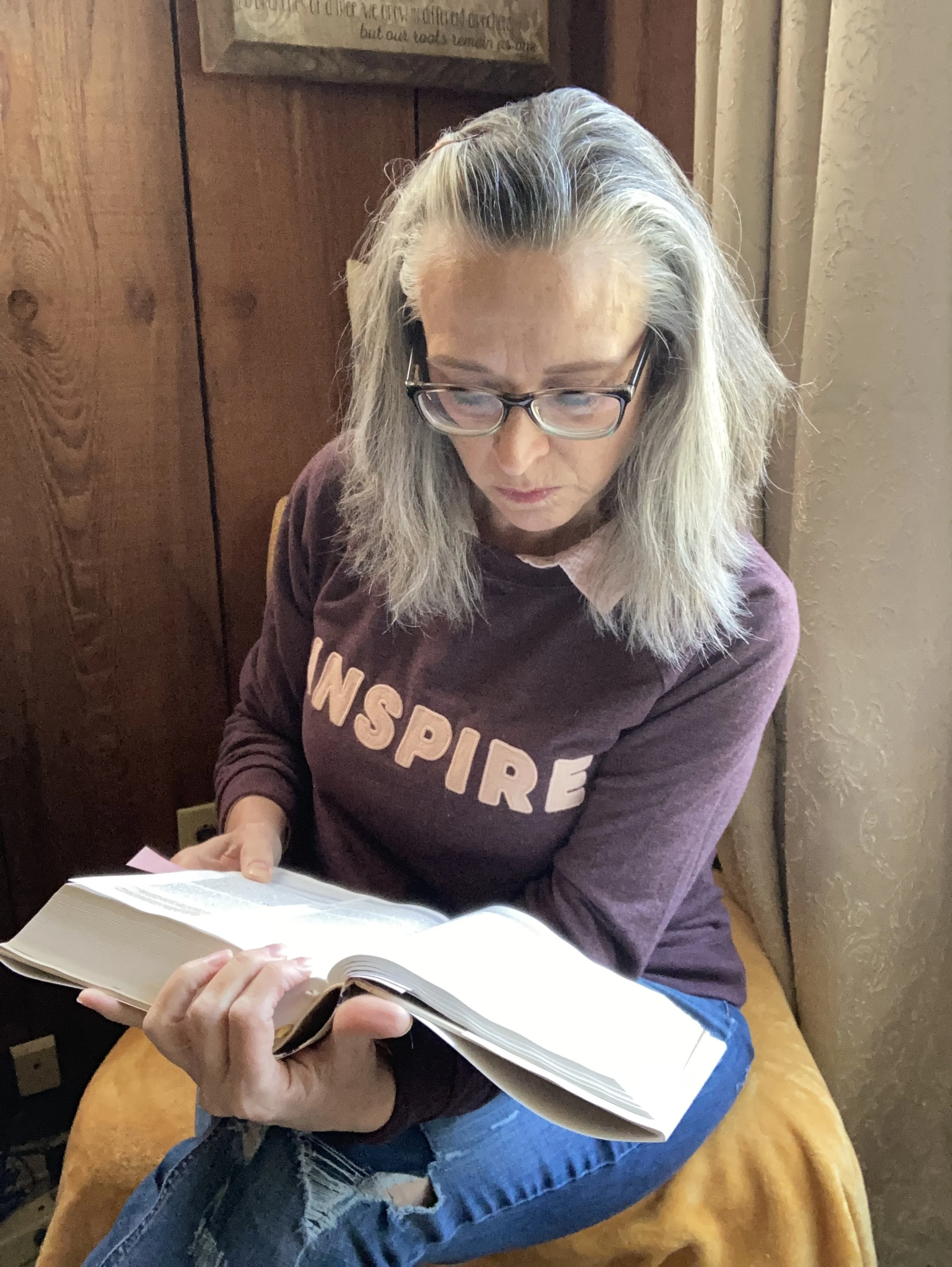Peace in the Chaos - Part 2a - If I am Following Christ, Why Don't I Have Peace? - The Mind
Last week I started a short series on the idea of finding peace in the midst of these chaotic times. I looked at words Jesus spoke to His disciples from John 16:33 and pointed out six different important points from the verse: Jesus’ words had a purpose; He wants us to have peace; our peace is directly connected to Him; we will have trouble in this world; we can take courage; and Jesus has overcome the world.
This week I want to focus on why we, so often, don’t have peace even when we are Christ followers. Remember from John 16:33 Jesus said, “…so that in Me you may have peace…” By using the word “may” it is clear we have a choice, otherwise I believe the verse would have been written, “…you will have peace…” Tapping into Jesus’ peace, or into the Prince of Peace is a choice of our will.
I could probably write another whole series on why we don’t have peace, but to keep it to just a few blog posts I want to simply paint a broad brush stroke by focusing on: the mind, the emotions and the body.
The Mind. I think it is obvious to most of us that we have much more information filling our minds today than we did even 20 years ago. It’s not just that we have access to more, but that there are so many other voices to listen to. There are times I feel there is a demonic element to social media and all its tentacles, but I will save that for another post. For the purposes of this post I want to delve into the ideas of alignment and focus.
Image by Gerd Altmann from Pixabay
The question we have to ask ourselves is who or what am I aligning myself with, and is that producing the soil of peace in my life. The Bible, in both the Old and New Testaments has guidelines on association. In the book of Joshua, the people of Israel are told to not associate with the nations in the Promised Land that they were going into.
“6 Be very firm, then, to keep and do all that is written in the book of the law of Moses, so that you may not turn aside from it to the right hand or to the left,
7 so that you will not associate with these nations, these which remain among you, or mention the name of their gods, or make anyone swear by them, or serve them, or bow down to them.
8 But you are to cling to the Lord your God, as you have done to this day. ”
Proverbs 20:19 tells us to not associate with gossips. Proverbs 22:24 tells us to not associate with those who are given to anger, or hot tempered. The whole book of Proverbs is a how-to on relationships and how to live in a godly manner.
Image by Sofia Shultz from Pixabay
In the New Testament Paul tells us not to associate with immoral people, but he is not talking about immoral people out in the world: the clerk at the grocery store, your employer, the friend you have had since grade school. Paul is talking about immoral people who are in the church and who are claiming to follow Christ. We can’t live in this world and not associate with people who don’t know Jesus. They are everywhere and some of them are in our own families. As Paul said, “…for then you would have to go out of the world.” (I Corinthians 5:9-13.)
In addition we need to look at what philosophies, schools of thought, teachings, etc. we are aligning ourselves with. There is nothing wrong with reading, listening to, discussing ideas that are not Biblical. We are taught evolution in school from elementary school up. We read fiction books for entertainment and watch movies like Harry Potter. However, this is not to be our main focus.
Focus involves zeroing in on something. When we are focused, our attention is pointed to something specific. As Paul tells us in the verses below we are meant to “fix our eyes on Jesus.”
Image by Myriams-Fotos from Pixabay
“1 Therefore, since we have so great a cloud of witnesses surrounding us, let us also lay aside every encumbrance and the sin which so easily entangles us, and let us run with endurance the race that is set before us,
2 fixing our eyes on Jesus, the author and perfecter of faith, who for the joy set before Him endured the cross, despising the shame, and has sat down at the right hand of the throne of God.”
To put it plainly, we are not to buy into the things the world wants to sell us. For every person we listen too, and every article we read, and every song we hear we have to take its message back to God’s word. We have to have Holy Spirit clarity on each and every message we hear, because as the verses below states, “We are destroying speculations and every lofty thing raised up against the knowledge of God.”
The world says marriage is optional. The world says same sex love is okay. The world says gender not sex. The world says abortion rights are more important than the children being aborted. The world says Jesus came to preach love. When you take these things to Scripture that is not what we see.
Now, let me take a moment to say, if I decide to spend more time listening to pod casts about these topics, or I focus on what I don’t agree with in Scripture I will, after a while begin to doubt and question truth. I will begin to ask, “Whose truth is it? Who has a right to dictate truth? Isn’t truth what I make of it? I can’t trust your version of truth because it doesn’t line up with my choices and desires.” These ideas become the speculations and lofty things that are raised up against the knowledge of God. Thus the importance of “…taking every thought captive.” Not just captive, like wild horses in a corral, but captive “…to the obedience of Christ.”
“5 We are destroying speculations and every lofty thing raised up against the knowledge of God, and we are taking every thought captive to the obedience of Christ, ”
How does all of this affect our peace? To finish out this post on the mind let’s look at a few verses from the Psalmist.
“I will hear what God the Lord will say;
For He will speak peace to His people, to His godly ones;
But let them not turn back to folly.”
“165 Those who love Your law have great peace,
And nothing causes them to stumble.”
When we fill our minds with God’s words we have peace. He says it is so, and His word is truth.
Finally, look at this verse.
“6 For the mind set on the flesh is death, but the mind set on the Spirit is life and peace,”
It cannot be any clearer than that. If we set our mind on the Spirit, and all the knowledge the Spirit gives us through God’s word we will have peace.
Next week we will look at our emotions and how they can keep us from experiencing God’s peace. Have a great week!





